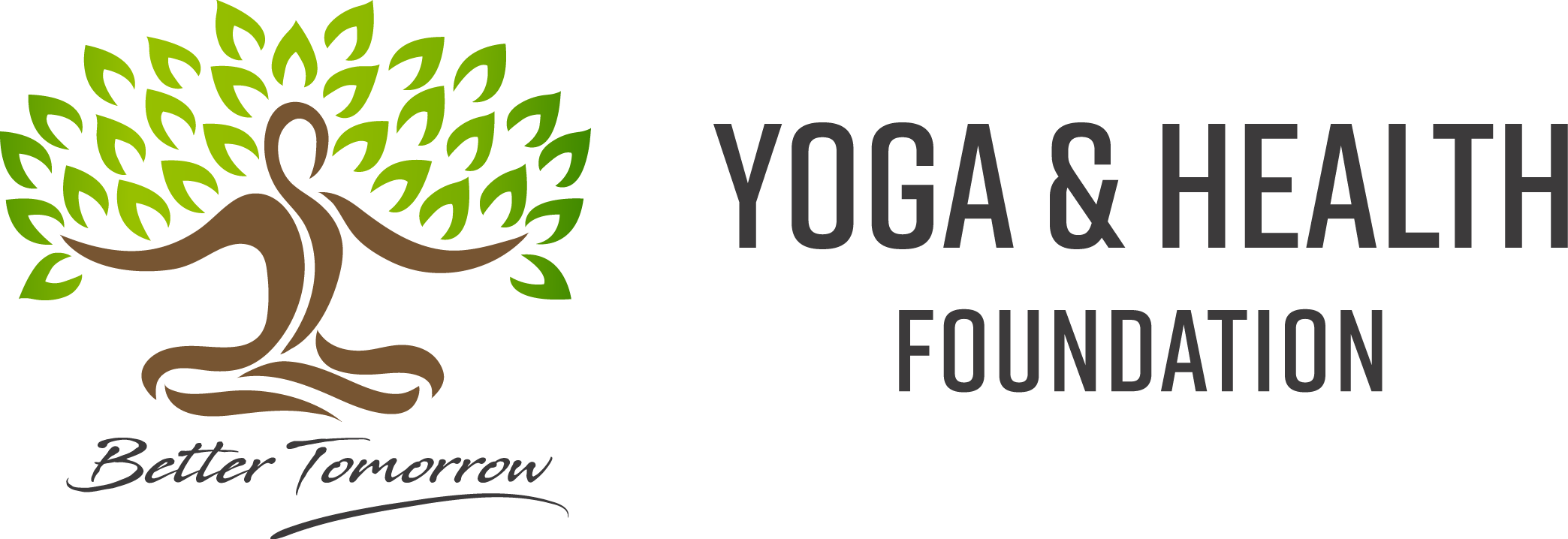Mental health is a vital aspect of overall well-being, yet it remains shrouded in silence and stigma in many societies. Breaking this silence and opening up about mental health is a transformative movement that empowers individuals, fosters understanding, and creates a supportive environment for those struggling with mental health challenges.
This article explores the significance of breaking the silence surrounding mental health, the benefits of open conversations, and how collectively we can create a culture of compassion and acceptance.
1. The Importance of Breaking the Silence:
- Challenging Stigma: By breaking the silence, we challenge the deep-rooted stigma associated with mental health issues. Open conversations help dispel misconceptions and foster empathy, encouraging society to view mental health as a legitimate concern that affects individuals from all walks of life.
- Encouraging Help-Seeking Behavior: Silence often prevents individuals from seeking help due to fear of judgment or shame. Breaking the silence creates a safe space for individuals to acknowledge their struggles and reach out for support, leading to early intervention, proper treatment, and improved outcomes.
- Normalizing Mental Health: Open discussions normalize mental health experiences by acknowledging that they are a common part of the human condition. This normalization reduces feelings of isolation and promotes a sense of belonging, allowing individuals to recognize that they are not alone in their journey.
2. Benefits of Opening Up about Mental Health:
- Personal Healing and Empowerment: Speaking openly about mental health can be a cathartic and empowering experience. It allows individuals to share their stories, express their emotions, and find validation and support from others. Opening up provides an opportunity for personal growth, resilience, and healing.
- Building Supportive Networks: When we break the silence, we create an environment that encourages empathy, understanding, and support. Sharing experiences and challenges with trusted individuals or support groups fosters connections, builds relationships, and strengthens social support networks that can be crucial during difficult times.
- Educating and Raising Awareness: Open conversations about mental health contribute to raising awareness and educating others. By sharing our stories and insights, we promote understanding, challenge stereotypes, and provide information on available resources and treatment options.
3. How to Break the Silence:
- Personal Reflection and Self-Acceptance: Start by reflecting on your own mental health journey. Acknowledge your experiences, emotions, and challenges, and practice self-acceptance. Recognize that seeking help is a sign of strength, and embrace the idea that your story matters.
- Engage in Safe Spaces: Find safe spaces where you feel comfortable discussing mental health. These spaces can include support groups, therapy sessions, online forums, or conversations with trusted friends and family members. Opening up gradually and in environments where you feel heard and understood can be a transformative experience.
- Lead by Example: Break the silence by sharing your story with others. By opening up, you inspire others to do the same. Be vulnerable, authentic, and non-judgmental, creating an atmosphere of trust and empathy that encourages others to share their experiences.
- Advocate for Change: Extend the conversation beyond personal circles by advocating for mental health awareness and support systems. Support organizations and initiatives working towards eradicating stigma, improving access to mental health services, and promoting mental well-being.
Breaking the silence and opening up about mental health is a powerful step towards healing, both individually and as a society. By challenging stigma, encouraging help-seeking behavior, and creating supportive environments, we can foster a culture of compassion, understanding, and acceptance.
Let us embrace the opportunity to share our stories, support one another, and drive positive change, ultimately creating a world where mental health is recognized, respected.







